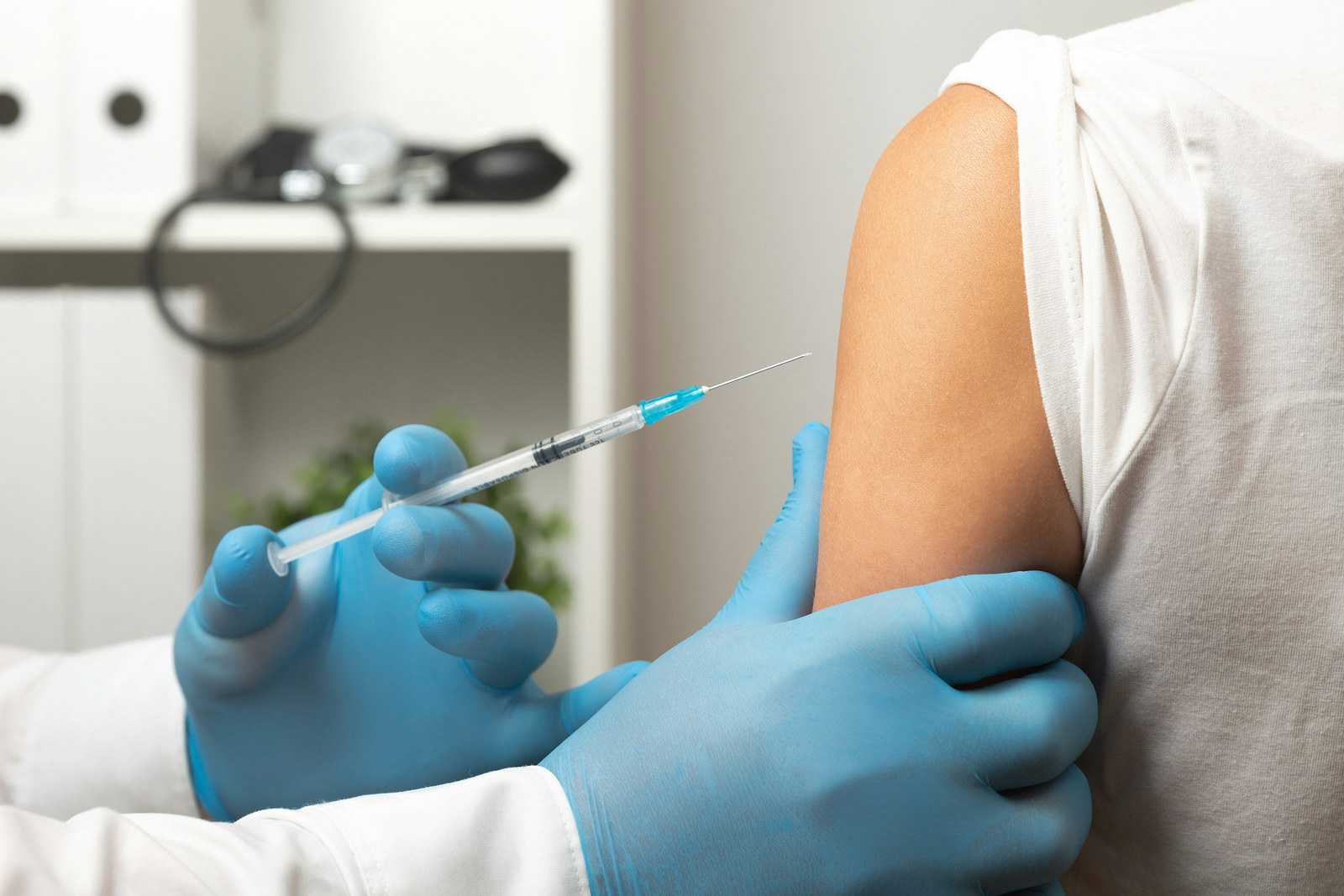
Flu season is starting off with a twist this year. For one thing, it is a bit early. Doctors were seeing a fair amount of flu already by mid-November. In general, people don’t usually get sick with influenza until late December or early January. In addition, influenza B strains predominate at this point. In most years, the flu season starts off with more influenza A than influenza B, with influenza B dominating late-season infections. This doesn’t seem to be the pattern for this year’s flu season.
Did the Experts Guess Right With This Year’s Vaccine?
Public health authorities are urging everyone over 6 months of age to get a flu shot, since that is the best protection against influenza. They still aren’t quite sure, though, how well the shot will work this flu season. We are especially concerned about H3N2/A flu. In general the A strains are much nastier than the B strains.
Some scientists are concerned that the influenza vaccine may not be well matched against the strain of H3N2 that hit Australia so hard during the recent flu season there. Some people call it the “Aussie flu.” The decision about which viruses to cover with the 2019-2020 immunization was made back in March, 2019. That was only the start of the flu season in the southern hemisphere.
Is This Year’s Vaccine A Mismatch?
People in North America were still suffering from a different H3N2 influenza A virus that had come on with a vengeance late in the season. Last year’s vaccine didn’t work very well against the mutated strain of H3N2. Although there were optimistic predictions at the start of the 2018-2019 flu season, the flu shot was about 9% effective against the H3N2 virus that made so many people sick from February through May in the U.S.
When it came time for the experts to decide which H3N2 strain to include in the 2019-2020 vaccine, they decided to go with virus that had caused misery last spring in North America. They didn’t realize last March that a new H3N2 strain would surface in Australia and the southern hemisphere. Only time will tell how much protection this year’s vaccine will provide against the Aussie flu.
Fool Me Once…Shame on Me!
The success of the flu vaccine has not been that impressive over the last few years. The 2017-2018 flu season seemed about on par with a 40% overall effectiveness score. But, if you dig a bit deeper into the CDC data you will learn that the flu shot was only about 25% effective against H3N2/A. That is usually the strain that causes the most severe illness
As we already noted, last year the H3N2 vaccine was only about 9% effective against the devastating H3N2 strain that came on late in the season. We really hope that this year’s flu season will turn out to be mild and the current vaccine protects well against both influenza A and influenza B. We will let you know the results next spring/summer when the data are analyzed and reported.
Why Are Americans So Forgiving?
It never fails to surprise us to learn that Americans are OK with effectiveness scores of 9% to 25%. Most people would not accept a 75% to 91% failure rate for a car battery, a television set or a computer. And yet year after year we get our flu shots during flu season hoping for a better outcome than last year. Here are just a few reader comments:
Cathy offered this comment:
“It is interesting that you ask why do people accept vaccine failure. I believe it is because the failures are not publicized anywhere near the push to get the vaccine. I’ve had to do research to learn more about the failure rates each year, and never heard of any such concern when I worked in public health. Side effects and failures of vaccines were never discussed openly. Have you ever seen the failure rates posted at the pharmacies or medical offices who give the shots?”
Patricia gets as shot every flu season:
“I have gotten my flu shot every year for at least 15 years and can say I’ve not had a bad case of the flu. One year when my adult children were all sick with the bad flu symptoms, I had a kind of cold, so I think it was a watered down flu because of the vaccine. Of course, I’m not a medical person, so that is just a guess.”
Virginia is all for the flu shot:
“Some protection is better than none! One day of the flu is too much so I appreciate every little bit of decreased symptoms. Medicine is an art not a science.”
Phyllis also has had good success with the vaccine every flu season:
“I’ve been so lucky. I’ve been taking flu shots for 30 years or more. I only had a mild case of flu one time. That was around the 2nd or 3rd time I took it. I would never hesitate to take my flu shot. I’m now 76 years old and trust the shots.”
Isn’t it time we improve our vaccine effectiveness? There are whispers that just such a research program is underway. It can’t come too soon as far as we are concerned.
What do you think? Share your own flu story in the comment section below.

